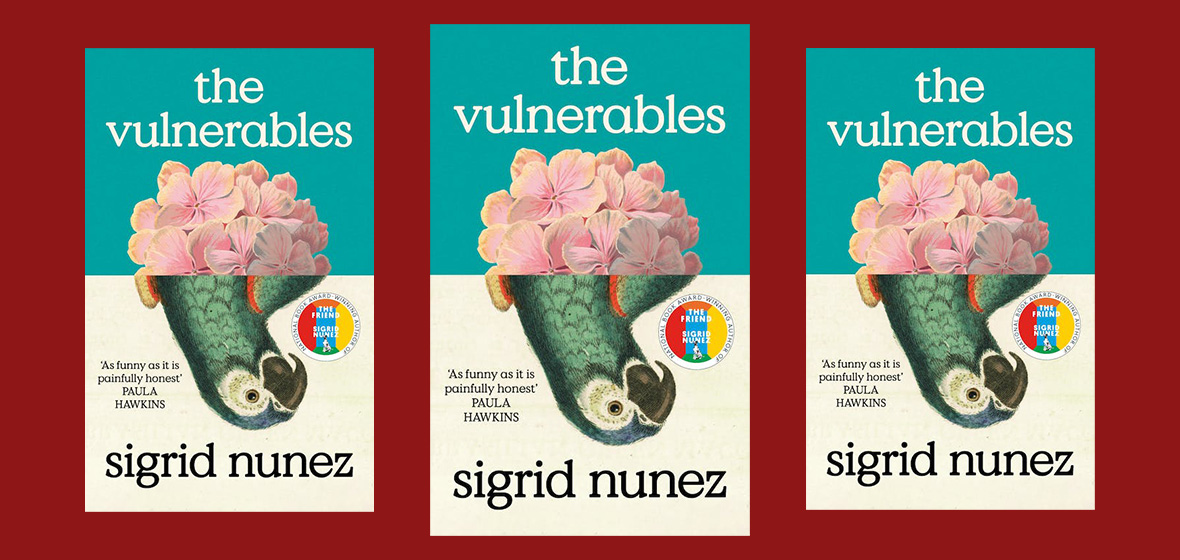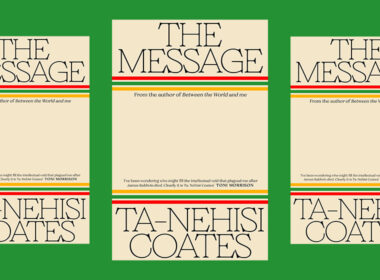Author: Sigrid Nunez
Publisher: Hachette Australia
Sigrid Nunez is a rare writer whose work can offer a gift unique to every reader. Her fiction spans universal themes of grief and loneliness, yet each page can feel like it was written especially for you. In The Vulnerables, a work of autofiction set in the scariest days of the pandemic, Nunez (or her once-offered pen name “Sugared Nouns … the computer’s suggestion after spell checking my name”) serves up humour, observation, memoir, and gorgeous-constructed references to an array of her literary influences. Fans of her previous novel The Friend will once again appreciate Nunez’s ability to authentically craft a remarkable human-animal bond.
The Vulnerables begins at the start of the 2020 lockdown, when the writer finds herself isolating in New York City in a family friend’s apartment, her own residence given over to a friend’s sibling working in the frontline health response, a gesture she sees as “a lot more useful than banging on some stupid pan out the window every night”. Her temporary roommates are a Gen Z college dropout and parrot named Eureka, whose owners are stranded on the other side of the country and fret for the pet’s anxiety in uncertain times. Nunez mixes in the delightful scenes between the writer and Eureka with lockdown discourse about the connection between humans and the natural world, as captured in the hit 2020 Netflix documentary My Octopus Teacher.
Whilst a captivating and timely story that will resonate as memories of the pandemic still linger, The Vulnerables also has pages of literary reflection and soft criticism that any bibliophile will cherish. Nunez opens the book in the same manner as Virigina Woolf in The Years, with “it was an uncertain spring”. That both Woolf and Charles Dickens have begun their novels with observations about the weather—an opening most creative writing students are urged to avoid at all costs—is of casual importance to the writer here, as are the particulars of snippets we as readers recall of famous novels. She picks up threads of ideas, of memories, of concepts, often as she walks for longer and longer stretches of New York City, allowing her mind, free of the noise and congestion of the city’s typical foot traffic, to roam unimpeded.
The writer is instantly suspicious of her young roommate, whom she refers to as Vetch. She is sceptical of his veganism, irritated by his easy bond with Eureka, and troubled by his moods. But gradually more and more of the young man reveals himself to the writer, and to us, and the result is a remarkable novel full of small and wondrous surprises. The magic, Nunez shows us, is that even when the world feels more closed than ever, beauty can always be found in the open spaces.




